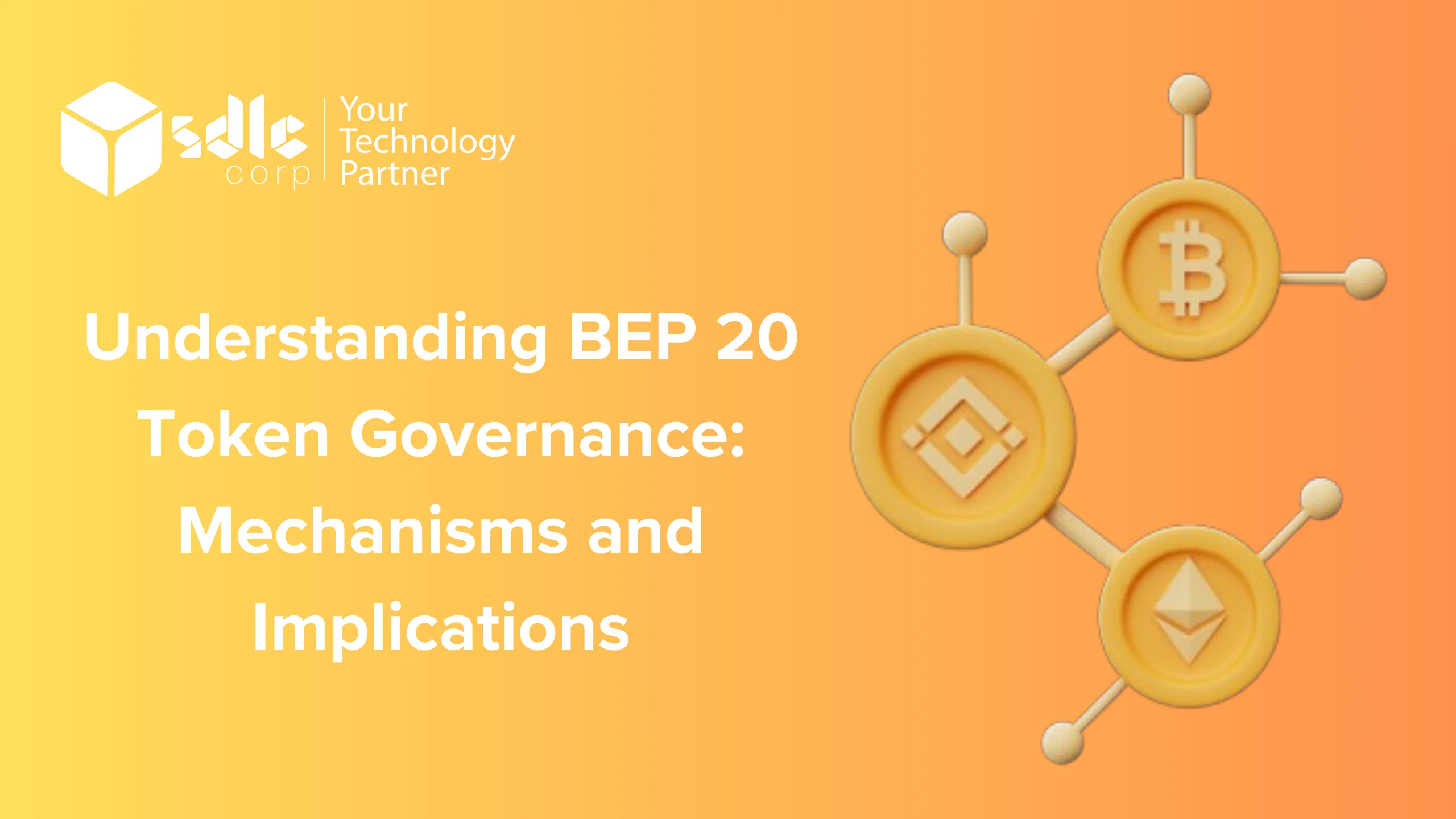Introduction
In addition to their pivotal role in the Binance Smart Chain (BSC) ecosystem, BEP-20 tokens are supported by a variety of wallets that cater to the growing needs of blockchain enthusiasts and investors. Popular wallets like Trust Wallet, MetaMask (with Binance Smart Chain network integration), and Binance Chain Wallet offer robust support for BEP-20 tokens, ensuring users can securely store, manage, and trade these tokens with ease. This support not only enhances accessibility but also fosters broader adoption and liquidity within the decentralized finance (DeFi) landscape, reinforcing BEP-20 tokens as versatile assets pivotal to the blockchain ecosystem’s evolution.
What are BEP-20 Tokens?
BEP-20 tokens are a standard on the Binance Smart Chain, similar to ERC-20 tokens on Ethereum. They enable developers to create fungible tokens with various use cases, including but not limited to, representing assets, facilitating transactions, and engaging in decentralised applications (DApps) within the BSC ecosystem.
Governance Mechanisms of BEP-20 Tokens
Governance mechanisms for BEP-20 tokens are crucial for ensuring their stability, security, and ongoing development. These mechanisms typically include:
1. Voting and Decision-Making
Token holders often participate in governance through voting mechanisms. This can involve decisions on protocol upgrades, adjustments to transaction fees, changes in tokenomics, and the allocation of community funds.
2. Governance Proposals
Proposals for changes or improvements to the BEP-20 token protocol can be submitted by developers, community members, or designated governance bodies. These proposals are typically subject to scrutiny and voting by token holders before implementation.
3. Governance Structures
Some BEP-20 tokens operate under formalised governance structures such as decentralised autonomous organisations (DAOs), where decisions are made collectively by stakeholders based on voting outcomes.
erc20 token development services

4. Smart Contract Upgradability
BEP-20 tokens are designed to allow for the upgradability of smart contracts. Governance mechanisms play a pivotal role in managing and executing these upgrades, ensuring compatibility and security while maintaining decentralisation.
5. Community Engagement
Effective governance frameworks promote active participation and engagement from the community. This inclusivity helps align governance decisions with the broader interests and objectives of stakeholders within the BSC ecosystem.
Implications of Effective Governance
The implementation of effective governance mechanisms for BEP-20 tokens carries several implications:
- Security and Reliability: Robust governance frameworks enhance the security and reliability of BEP-20 tokens by enabling prompt responses to security vulnerabilities and threats.
- Innovation and Adaptation: Agile governance facilitates innovation and adaptation to technological advancements and market changes, thereby fostering growth and competitiveness within the BSC ecosystem.
- Transparency and Trust: Transparent governance processes build trust among stakeholders by providing visibility into decision-making and ensuring accountability for governance outcomes.
- Regulatory Compliance: Governance mechanisms can address regulatory compliance requirements, ensuring that token issuers adhere to applicable laws and regulations.
Challenges in BEP-20 Token Governance
Despite its advantages, BEP-20 token governance faces challenges that include:
- Complexity: As governance structures become more sophisticated, managing complexity while maintaining efficiency and inclusivity can be challenging.
- Decentralisation vs. Efficiency: Balancing decentralised decision-making with the need for efficient governance processes poses a continual challenge, particularly as networks and communities grow.
- Risk Management: Governance mechanisms must mitigate risks associated with governance attacks, manipulation, or unintended consequences that could impact token value and ecosystem stability.
Conclusion
In conclusion, BEP-20 tokens represent a crucial element in the Binance Smart Chain ecosystem, facilitating diverse functionalities from decentralized finance (DeFi) applications to the issuance of digital assets. Their governance mechanisms are foundational to ensuring sustainable development and operational integrity across these applications. By comprehensively understanding and actively participating in BEP-20 token governance, stakeholders can contribute significantly to their evolution and resilience within the blockchain landscape. As blockchain technology continues to advance, robust governance frameworks for BEP-20 tokens will play an increasingly pivotal role in shaping the future of decentralized finance, digital assets, and broader blockchain innovations.
Embracing transparent, inclusive governance practices not only fosters community engagement and trust but also enhances the resilience and adaptability of BEP-20 tokens in a rapidly changing digital landscape.
cryptocurrency token development
















